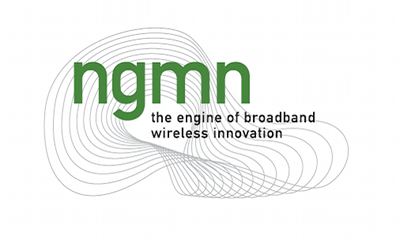Thanks to research currently being conducted at the 5G Innovation Centre at the UK's University of Surrey we could all be enjoying some incredibly fast mobile data connections, when 5G networks are rolled out. They have recently tested equipment that exceeds 1Tbps wirelessly with extremely low latency.
This lab test handily beats any other tests, such as Samsung's recent 7.5Gbps results and also bring latency over the network down to around 1 millisecond, but it has so far only been tested over distances of 100 meters in laboratory conditions. Now that this has been validated, there are plans for real world field trials beginning next year, with public demonstrations of the technology planned for 2018.

Professor Rahim Tafazolli from the 5G Innovation Centre said, “An important aspect of 5G is how it will support applications in the future. We don't know what applications will be in use by 2020, or 2030 or 2040 for that matter, but we know they will be highly sensitive to latency, we need to bring end-to-end latency down to below one millisecond so that it can enable new technologies and applications that would just not be possible with 4G.”
Obviously there is quite a lot to do before we get these speeds, with a totally new infrastructure upgrade needed as well as new handset technologies that can handle these kind of data rates. Even today many LTE (otherwise known as 4G) phones do not support some faster LTE speeds and another update to the standard, called LTE-Advanced is set to bring 1 Gbit/s downstream speeds for stationary receivers and 100 Mb/s to mobile users.
Discuss on our Facebook page, HERE.
KitGuru Says: Do we really need these kind of speeds? Maybe these new 5G wireless networks could finally replace our current wired and cabled broadband infrastructure. Would you be interested in having 5G broadband?
Source: Neowin
 KitGuru KitGuru.net – Tech News | Hardware News | Hardware Reviews | IOS | Mobile | Gaming | Graphics Cards
KitGuru KitGuru.net – Tech News | Hardware News | Hardware Reviews | IOS | Mobile | Gaming | Graphics Cards



And here i am, living in a country that still doesn’t have 4G…
Still waiting for better internet speeds than 3.5mbps in Australian homes >.>
You cannot ever fully replace a cabled solution. Wireless may offer X, but by the time it’s actually rolled out, cabled solutions will still offer something better(bandwidth/latency/reliability/security)